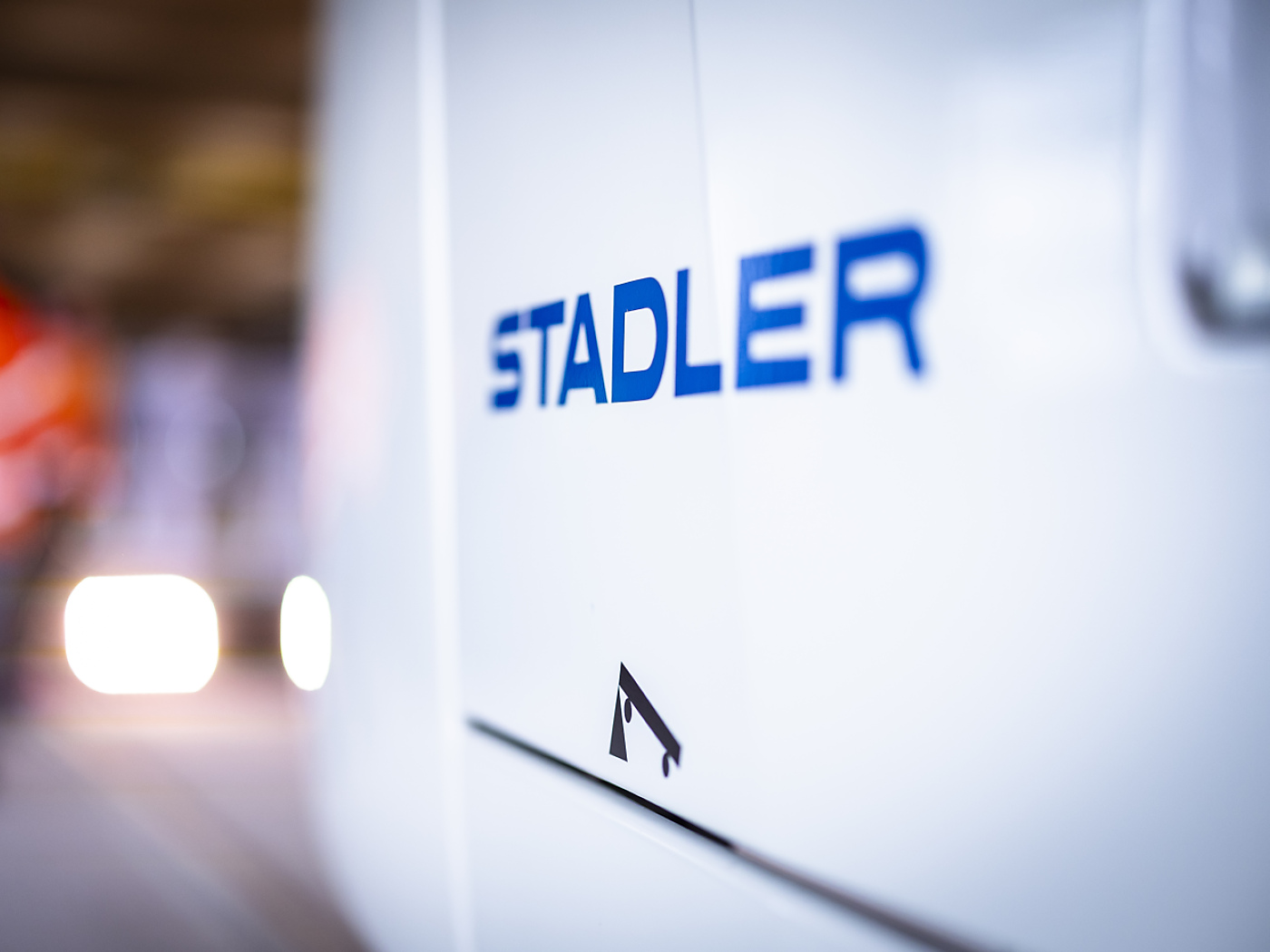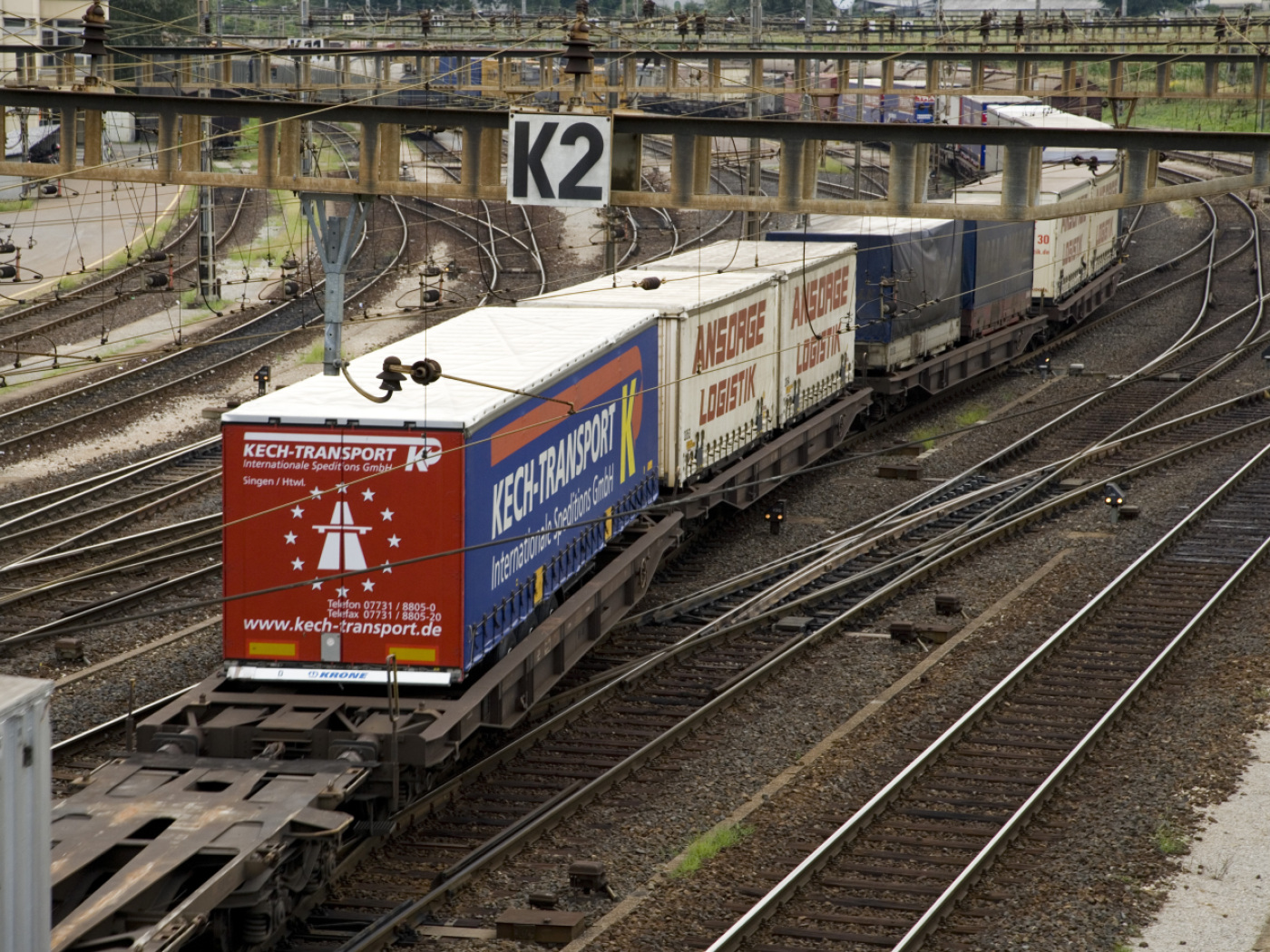Swiss railways expansion abroad deemed not worthwhile
Monika Ribar, chair of the board of the Swiss Federal Railways, defended the company's decision not to operate its own trains abroad.
Cooperation with neighbouring countries is the better option than operating a connection abroad itself, said Ribar. This would allow Swiss railways to transport more passengers and offer more direct connections to European countries, Ribar said in an interview with the Neue Zürcher Zeitung published on Monday.
Setting up the structure abroad for a few trains per day is expensive. “If we were to operate a route with great potential ourselves, our partners would probably say that we would do it ourselves in other cases,” said Ribar. Swiss railways therefore considered the entrepreneurial risk to be too high.
Ribar ruled out own connections in Germany with the current infrastructure of its northern neighbor. “I would never become involved in long-distance transportation in Germany,” she said. A “sensible” operation would be difficult.
Competition with road and air traffic
The infrastructure is also a problem on the route from Geneva to Lyon in France. The train would be a good alternative to road transport, said Ribar. However, in addition to challenges such as the power supply, subsidised trains already exist. Swiss railways could therefore not compete with road transport, according to Ribar.
There is competition from flights on the route from Switzerland to London. Swiss railways would be happy to offer this connection, said Ribar. However, the chances of success are questionable with regard to competition from low-cost airlines. The Swiss firm would have to set up companies and employ staff in England and France. Moreover, the trains approved for the Channel Tunnel could not be used elsewhere.
Rolling stock thanks to partnerships
Connections to southern Europe are also problematic. Individual train journeys to Rome are an issue, Ribar told the newspaper. However, there is a lack of rolling stock for Italian high-speed lines. The tracks are also heavily utilised.
Swiss railways was counting on support with rolling stock for connections to and from Austria. The niche offer of night trains is possible through cooperation with the Austrian Federal Railways, for example. A Swiss company would also face financial hurdles when operating its own night trains due to higher Swiss wages.
“Where we have entrepreneurial room for maneuver, we use it consistently,” said Ribar.
Adapted from German by DeepL/ac
This news story has been written and carefully fact-checked by an external editorial team. At SWI swissinfo.ch we select the most relevant news for an international audience and use automatic translation tools such as DeepL to translate it into English. Providing you with automatically translated news gives us the time to write more in-depth articles.
If you want to know more about how we work, have a look here, if you want to learn more about how we use technology, click here, and if you have feedback on this news story please write to english@swissinfo.ch.

In compliance with the JTI standards
More: SWI swissinfo.ch certified by the Journalism Trust Initiative


















You can find an overview of ongoing debates with our journalists here . Please join us!
If you want to start a conversation about a topic raised in this article or want to report factual errors, email us at english@swissinfo.ch.